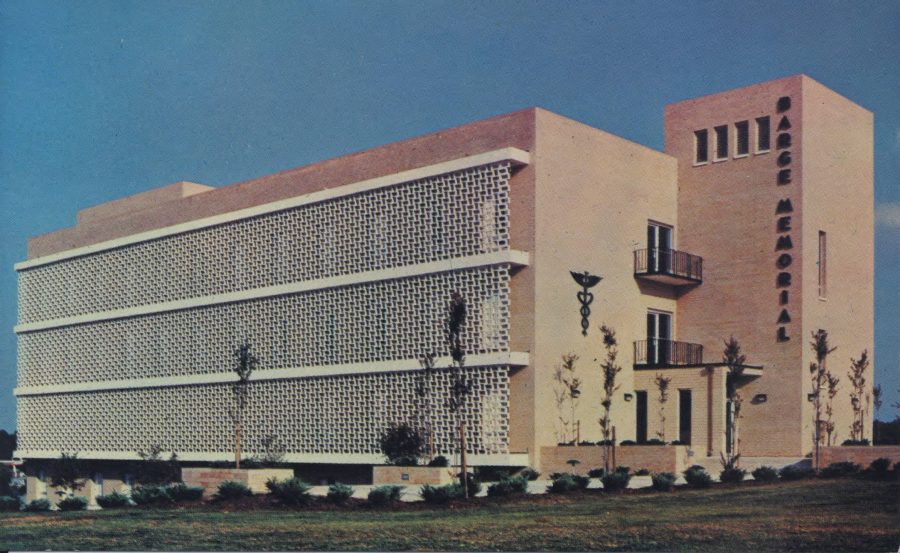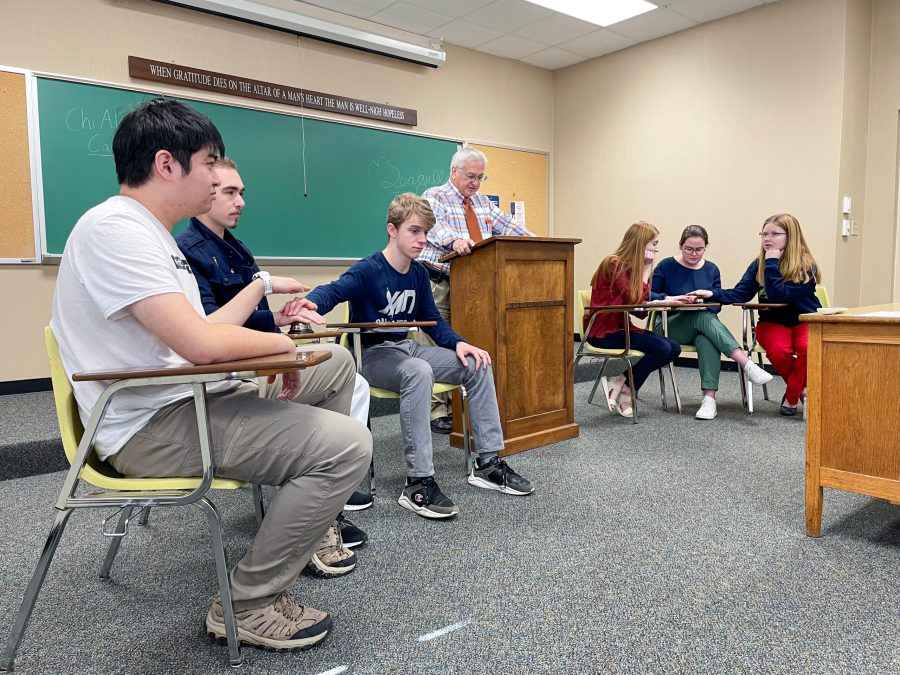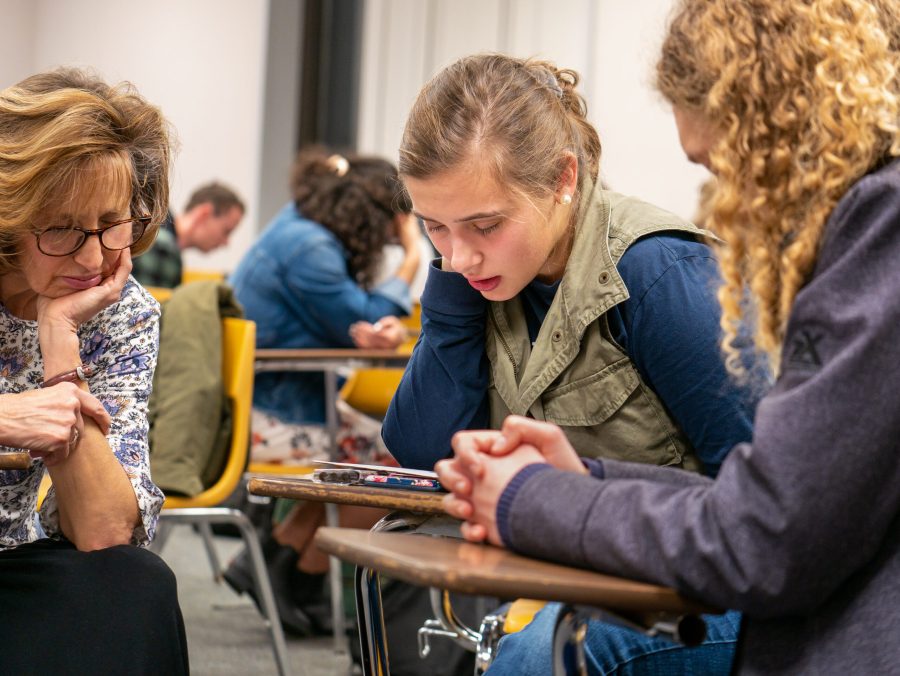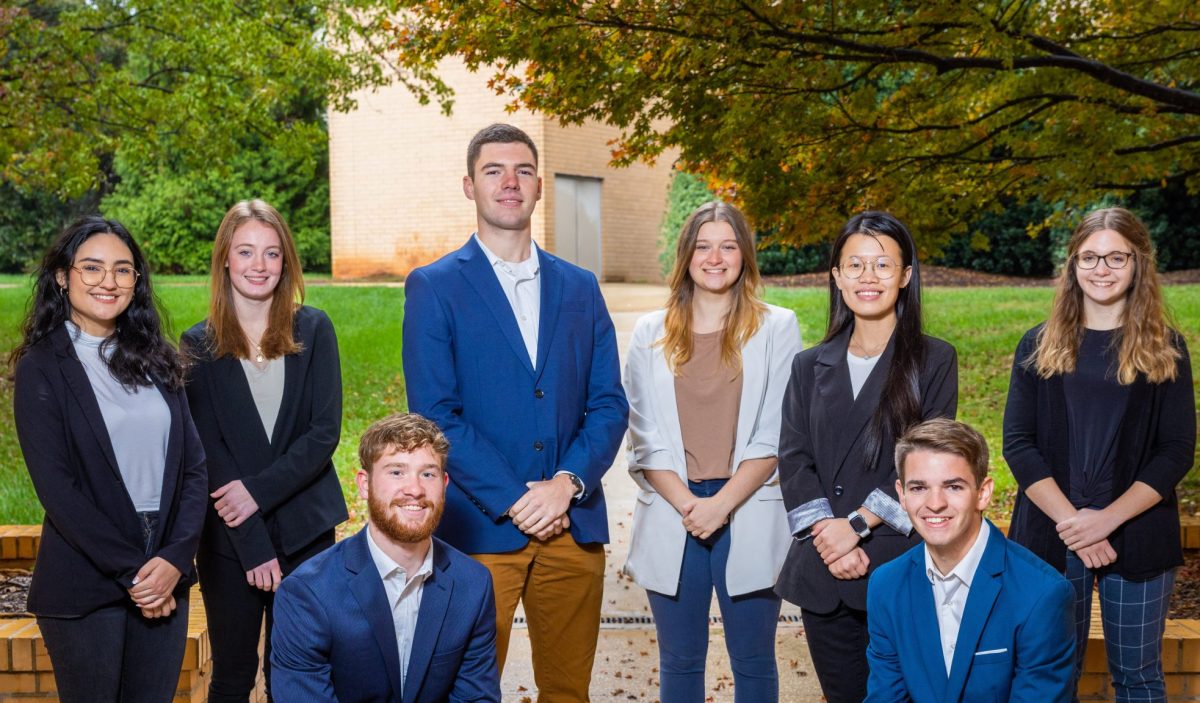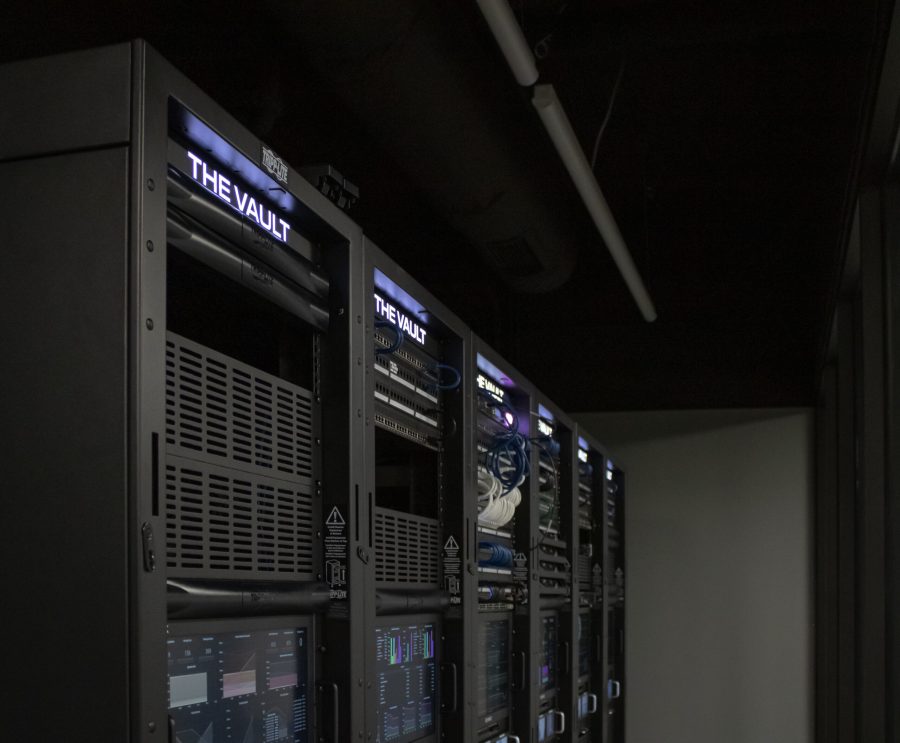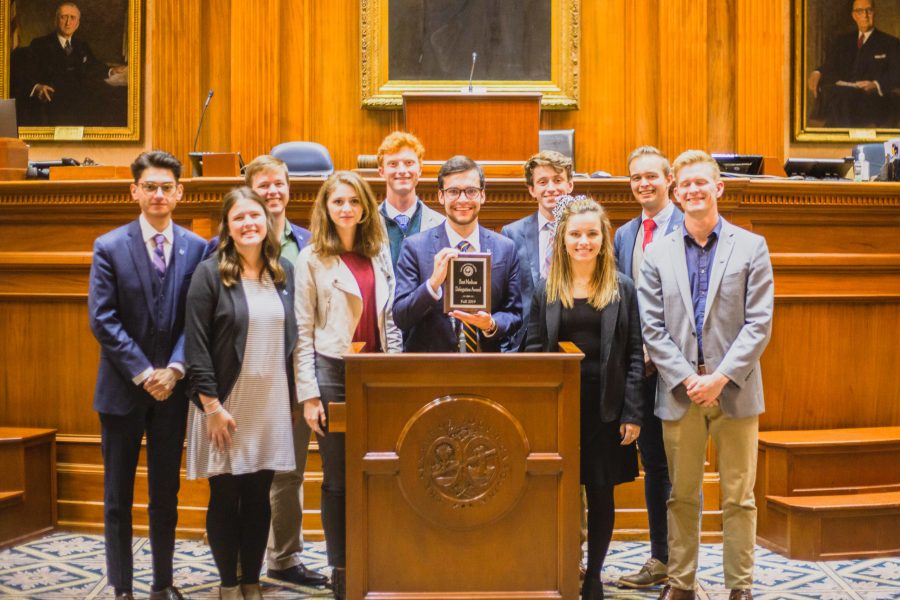The empty building beside the Davis Field House hasn’t been a hospital in five years, but in its time, the Barge Memorial Hospital was a fully operating hospital with an operating room, X-ray room and pharmacy.
In addition to serving as an infirmary for students, it facilitated surgeries, thousands of baby deliveries for employees and alumni, and elderly care for BJU retirees.
“With the growth of the University in the early ’60s, BJU needed more medical space on campus,” Dr. David Fisher, vice provost for academic administration at BJU, said. The University had outgrown its hospital and infirmary space that was located in what is now the space of one of the Bob Jones Academy buildings.
When Barge first opened, the facilities were considered state of the art. Barge was equipped with two operating rooms, a physiotherapy department, an X-Ray room, full obstetrical facilities, an outpatient department with six examination rooms, a clinical laboratory, and a pharmacy. During its first six years in operation, 600 babies were delivered in Barge by the head university doctor alone. Over the years, thousands more babies were born in Barge, giving rise to the nickname “Barge babies.” One of the “Barge babies” is former BJU president, Dr. Stephen Jones.
Barge staffed 15 to 20 nurses, two of whom were Linda Watson and Lisa Arnold.
“My motto for Barge was ‘jack of all trades, master of all,’” Watson said. “If they gave you a project, you did it. You found a way.” Since Barge was a small hospital, nurses had to be well versed in several different areas. “You could literally help deliver a baby at the beginning of your shift and put an old person to bed at the end of your shift and see soccer injuries and sick students in between, or any combination of those things,” Arnold said.
While the facilities were state of the art in 1968, by 2015, Barge was outdated. Gradually the services Barge offered became outsourced, and Barge eventually transitioned to more of an infirmary and elderly care facility than a hospital. After the elderly care facility transitioned to Shepherd’s Care around 2010, the University no longer had a medical need for Barge. “I was sad that they closed, but the Lord knew that the timing was right,” Watson said. The building has been empty for the last five years.
“There was a family atmosphere there,” Arnold said. “I got to take care of some of my own teachers [and] some of the people that these buildings are named after. That was very special. I don’t think that I realized at the time how special it was.”
Barge was named to honor the late Dr. William J. Barge, a long-time member of the University’s Board of Trustees and a leading Florida surgeon.





















































